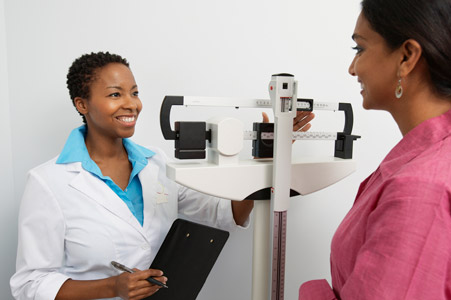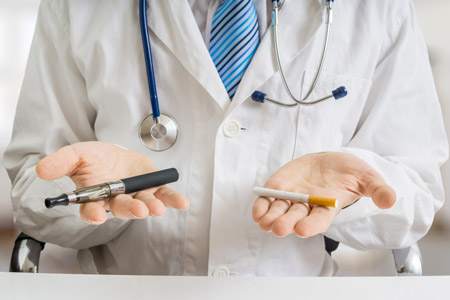

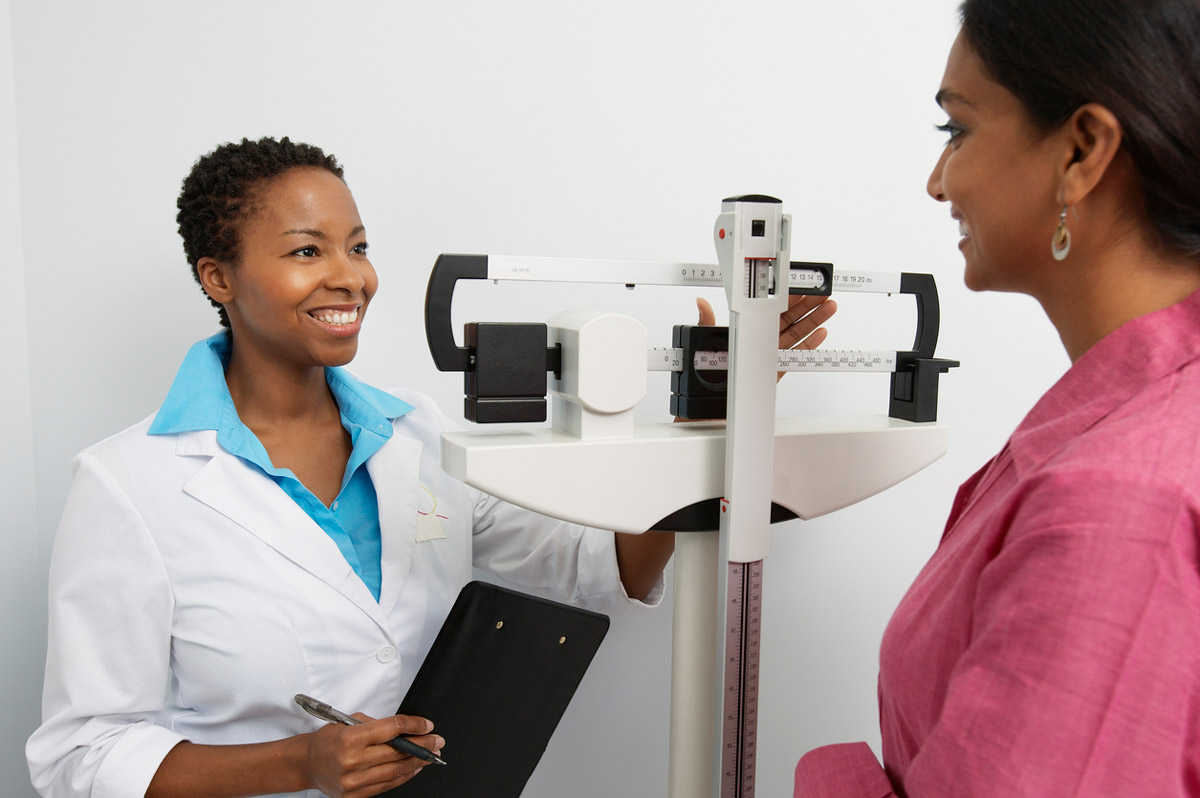
Do You Need to Continue on GLP-1s Once You’ve Reached Your Goal Weight?
GLP-1 medications have emerged as a game-changer for patients looking to manage their type 2 diabetes and weight. Some of these medications have been cleared by the U.S. Food and Drug Administration for weight management — and many patients who have struggled with obesity have experienced monumental weight loss.
So, what happens once you’ve reached the target weight set by you and your provider? Are GLP-1s a “forever” treatment?
Let’s dive into the science behind GLP-1s and what it means for taking the medications long-term or after you’ve reached your goal weight.
Understanding GLP-1 and Its Role in the Body
GLP-1 isn’t something that your body is unfamiliar with, in fact, it’s something that your body is probably making right now! Glucagon-like peptide-1, or GLP-1, is a hormone that’s made by your small intestine. This hormone plays a rather large role in how your body functions and in the regulation of blood sugar. GLP-1 does many important things, such as:
- Allows insulin to be released from your pancreas. Insulin is an important hormone that helps your body transform food into energy. Insulin is critical to control because it regulates the amount of glucose, or sugar, in your bloodstream. When insulin sensitivity is diminished, your blood sugar can rise to dangerous amounts — this is known as diabetes.
- Blocks glucagon secretion: When your body needs to raise your blood sugar levels, it uses glucagon. Decreasing glucagon release is another way for GLP-1 to reduce blood sugar levels.
- Slows how fast the stomach empties: GLP-1 affects how quickly your stomach releases food for digestion. When digestion is slowed down, this means that your body lets less glucose, or sugar, into your bloodstream.
- Makes you feel fuller: GLP-1 affects areas of your brain that process hunger and satiety, or fullness.
GLP-1 medications mimic these natural processes and help lower blood sugar levels by stimulating insulin release and inhibiting glucagon secretion. Additionally, they slow down gastric emptying, leading to a more gradual absorption of glucose, and reduce appetite — all of which aid in weight loss. For many patients, significant weight loss is achieved — but what happens once you’ve reached your goal weight?
Do You Have to Continue Taking GLP-1s After Losing Weight?
It’s important to remember that every patient’s journey on GLP-1s is unique. Your dosage, ramping schedule, and so many other details should be decided between you and your provider to maximize results and avoid side effects as much as possible.
It’s recommended that patients stay on GLP-1 medications for at least 12 weeks — but seeing meaningful results may take even longer. Once you’ve reached the weight goal decided upon by your provider, that doesn’t necessarily mean your journey on GLP-1s is over.
A study found that one year after stopping semaglutide (generic for Ozempic) patients regained 2/3rds of their prior weight loss over the next 52 weeks.6 Thinking back to the science behind GLP-1s, this makes sense. The GLP-1 medications were the mechanism for your body to better regulate blood sugar and slow gastric emptying. This is what causes you to often eat less and stay fuller for longer, which then aids in weight loss and weight management.
Without that mechanism, you’ll likely notice your appetite increase and the frequency of your hunger cues ramp too. So once stopping GLP-1s, it’s easy to regain much of the weight you lost.
That being said, your provider might suggest you lower your dose of GLP-1 to a “maintenance” dose. These doses are generally pretty small — which means the likelihood of you experiencing the negative side effects of GLP-1s is much lower. For many patients, this makes the prospect of taking their GLP-1 medications indefinitely much easier to manage.
It’s important to have thorough discussions with your provider about what the long-term could look like for you on a GLP-1 medication and make educated decisions about your health from there.
The information on this site is for informational purposes only and should not replace direct medical advice, diagnosis, or treatment from your doctor or another qualified healthcare provider.
Sources:
“FDA approves first oral GLP-1 treatment for type 2 diabetes.” U.S. Food and Drug Administration.
“GLP-1 Agonists.” The Cleveland Clinic.
“GLP-1 agonists: Diabetes drugs and weight loss.” The Mayo Clinic.


.jpg)
.jpg)
.jpg)


















.jpg)





















.jpg)








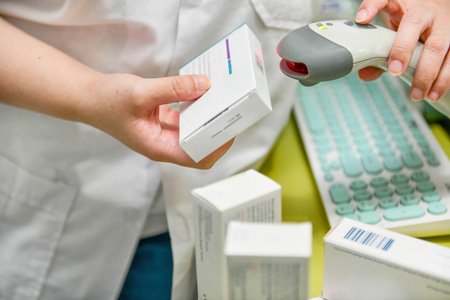
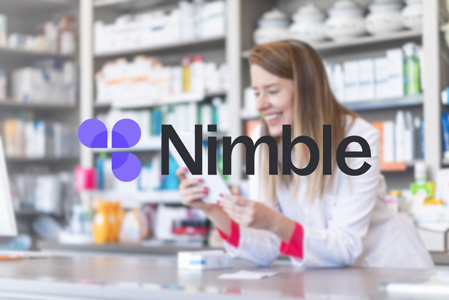




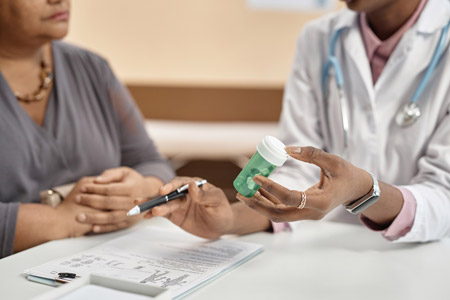


.jpg)




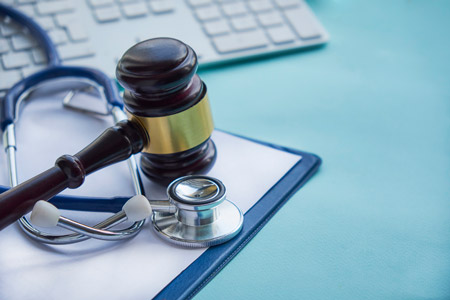
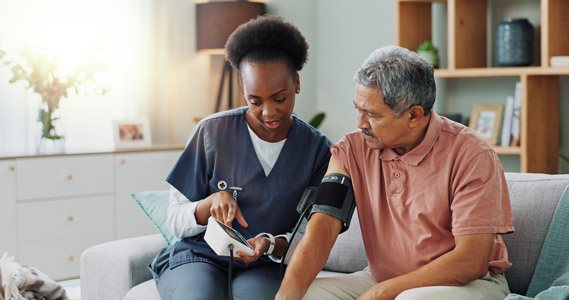
















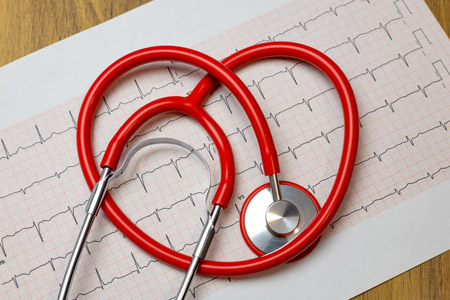


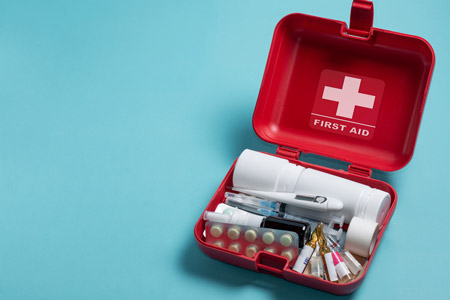
.jpg)
.jpg)
.jpg)


